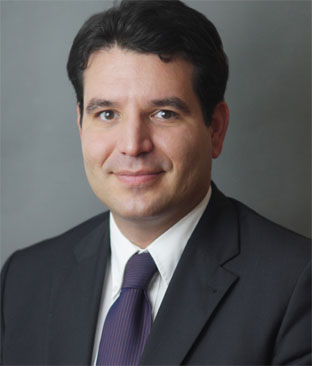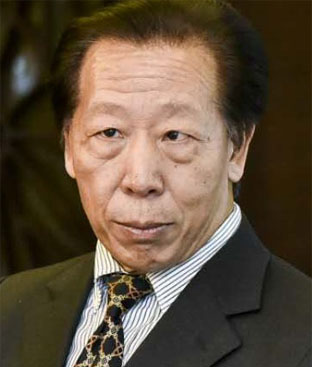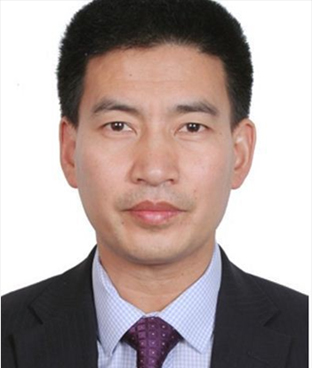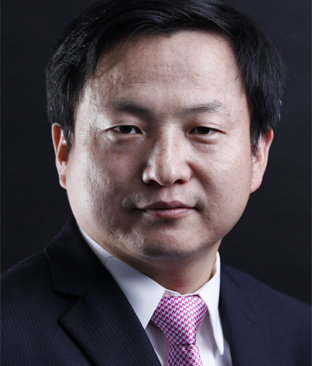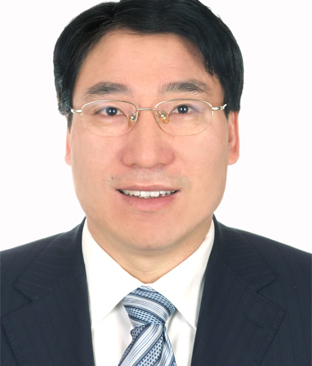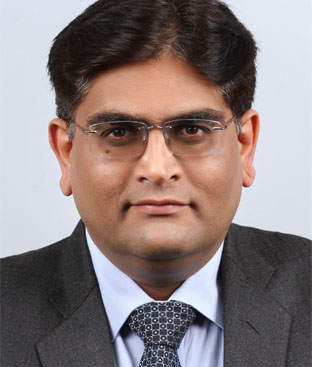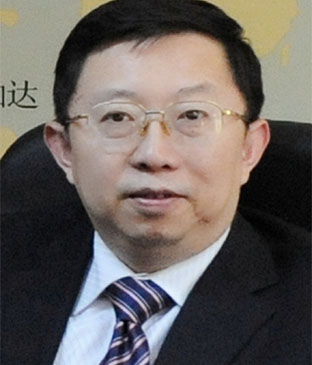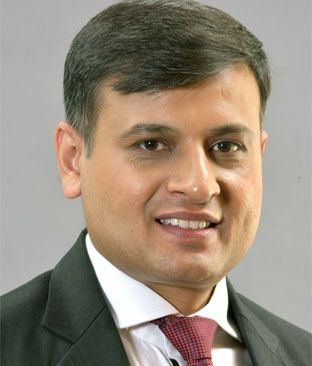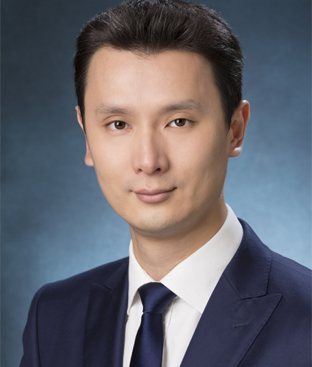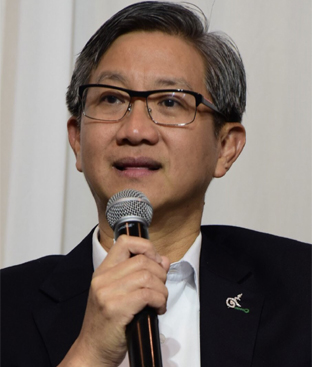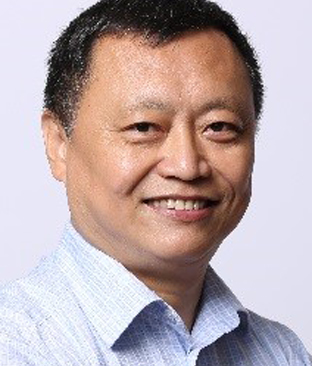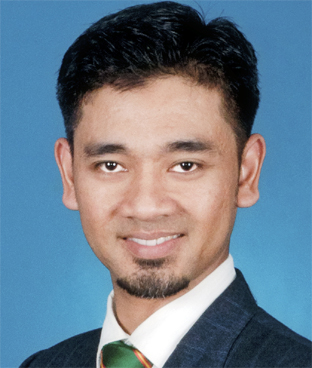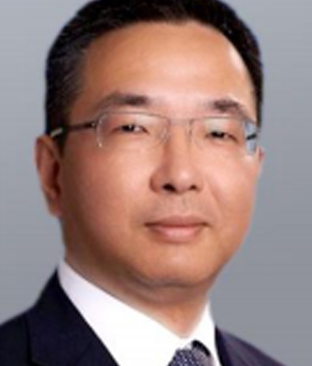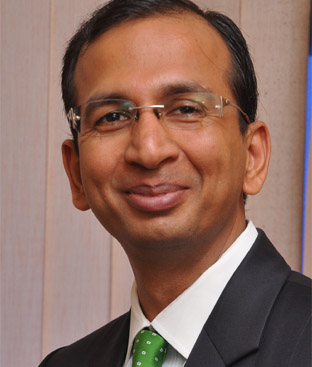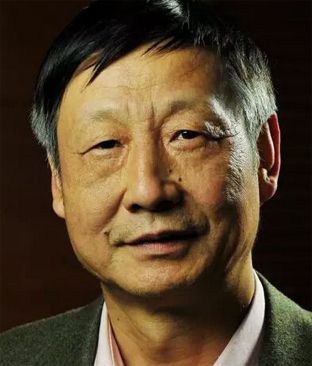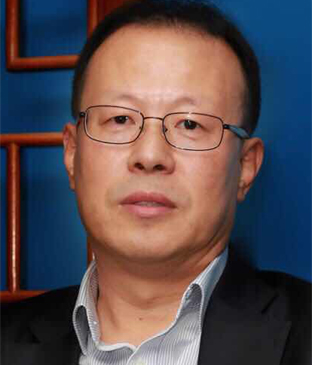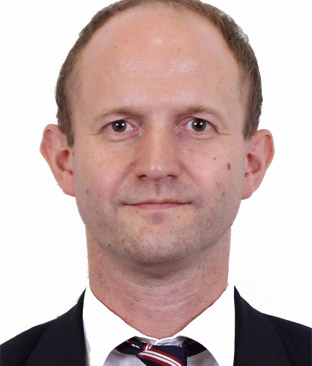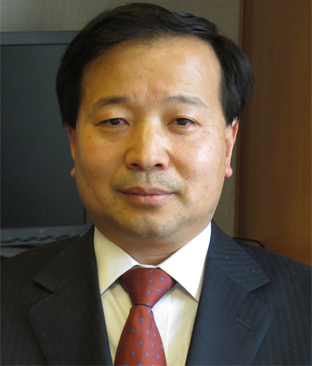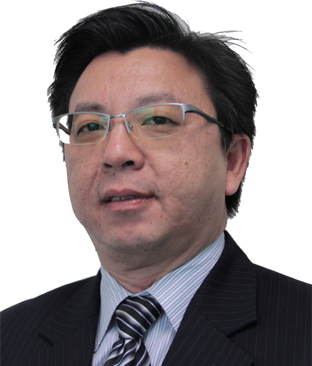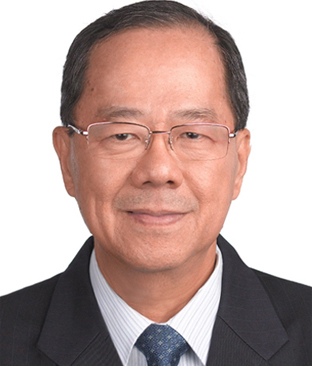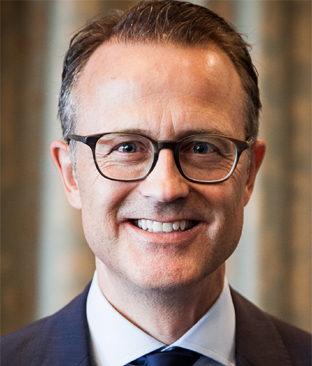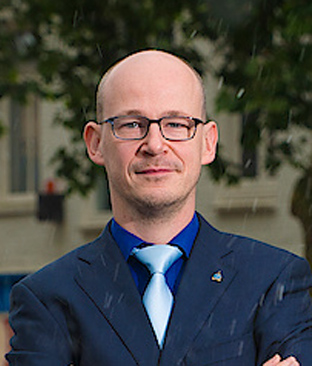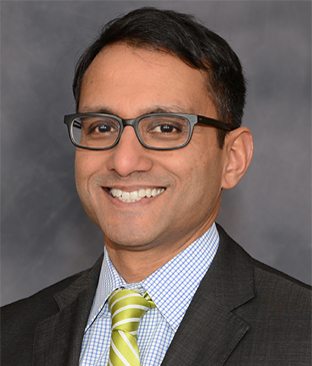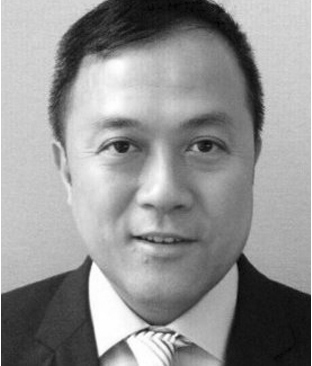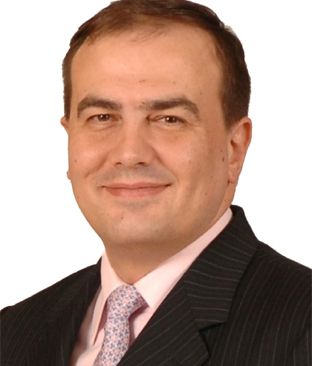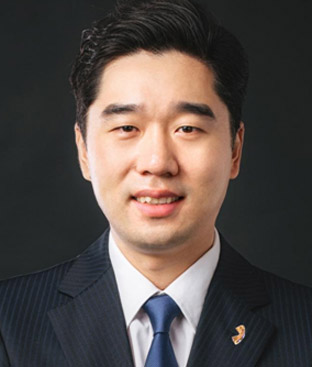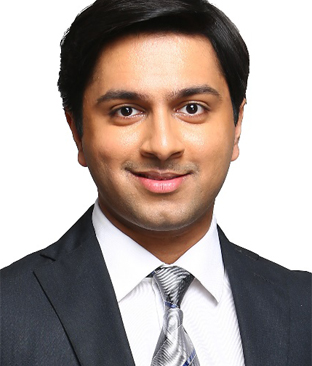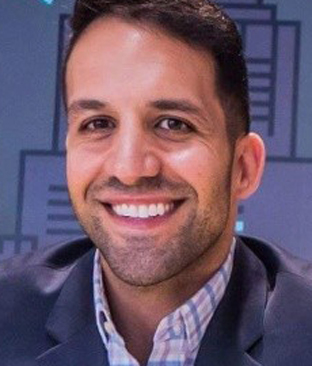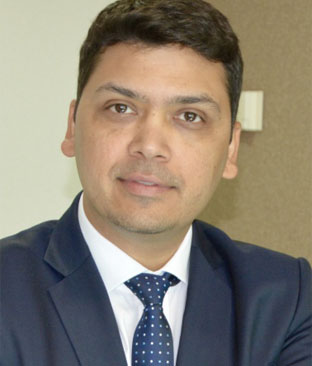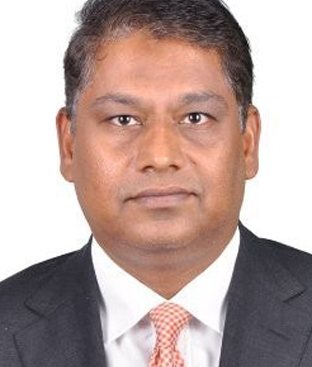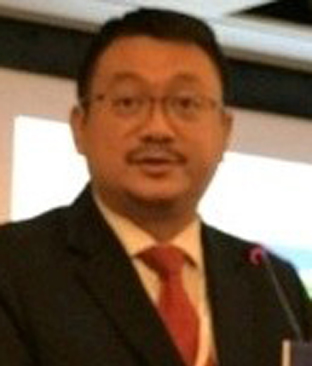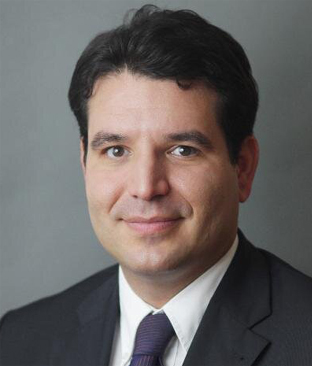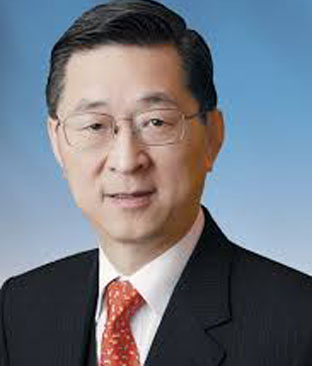Cybersecurity in the digital age
Revolutionizing cybersecurity innovation
Cyber-attacks are becoming more numerous, more frequent and existentially more threatening and they continue to rise rapidly by the day. Hackers and cyber-attackers are enhancing their ammo and technique at a much faster rate than security teams can keep up, and every year passes their methods grow more advanced and aggressive. Financial institutions are facing an unimaginable threat from cyber-attacks, which can take many different forms across the massive range of channels. Cyber-attacks have moved from infiltrating bank’s systems or its clients to a much sever and damaging approaches, as the new generation of attackers are no longer interested in stealing funds and companies’ information. Instead, their aim have shifted to infiltrating and manipulating not just companies but the entire ecosystem.
With such increasing threats from the cyber-crimes, financial institutions are forced to spend even more than they have intended to in the past years to overcome this outgrowing phenomenon that might affect the whole ecosystem if left untreated. Banks, for example, must devote significant investments in securing their internal, online and digital frameworks, as those who want to find the weaknesses are getting smarter, efficient and more vicious. Hence, regulators are obliged to concentrate all their efforts on undertaking systemic cyber risk management protocols across all frameworks for banks, organizations, and third parties.
In other words, banks and financial institutions must invest heavily in both systems and manpower to maintain permanent cyber-protection modules to ensure constant improvement for the used measures like machine learning (ML), artificial intelligence (AI) and big data are increasingly deployed to improve the detection of suspicious transactions. Since combining strong identification and authentication methods with AI and ML, can help banks navigate through large amounts of data in real time and identify suspicious transactions.
It can be eye opening and frightening to see how quickly devices that we rely on daily with our most sensitive information can be breached. It is also discerning how even large companies, such as Equifax, became victims of hackers and what that means for the customers and the company. We will hear the lessons learned from large companies that have been breached and will evaluate the effectiveness of the applied crises management strategies. We will also look at international criminal schemes that aim to harm the financial industry and hear from the regulators on the increased need for data privacy. This is a very hands-on conference track where delegates witness and interact directly with industry practitioners; and through leaders, learn practical insights that can be applied in your own institutional environment.
Key focus areas:
Zero Trust model to identify and eliminate potential threats
Pros and cons of artificial intelligence (AI) in the cyberspace
Maximising the value of AI, Automation, and Machine learning
New tactics and techniques to overcome cyberwar
Data protection legislation wide adoption to cope with the digital age
The rapid gain pace of cloud and DevOps transformations
Emerging security technologies in the rise of cyber-attacks
08:00 – 09:00 |
Registration and morning networking |
|
09:00 – 10:30 |
Opening keynote Intelligence and the future of cybersecurity Today's digital world is controlled by mobile, social networks, cloud computing, analytics (AI and ML) and, increasingly, the Internet of Things (IoT). These technologies are likely to merge into an AR/VR-mediated 'ambient' era, after which we're probably looking at the incorporation of nanotechnology into human bodies and brains (the 'cyborg' era?). In this session we will discuss the impact of implementing latest innovations affecting the security of financial services industry.
| |
10:30 – 11:00 |
Network coffee break |
|
11:00 – 12:00 |
Creating disruptive models to fight cyber-attacks and fraud As cyber-attacks increase globally, the financial services industry suffers the most from cybercrimes. Hence, financial institutions are increasing the investments in security systems, since it’s crucial to use resources where they count most these days, while recognizing that cyber fraud is dynamic and active. In this session, we will identify the best practices in creating effective disruptive models, tactics, and techniques to overcome cyberwar.
|
|
12:00 – 13:00 |
Networking lunch |
|
13:00– 14:15 |
Can ethical hackers help FIs to improve their security systems? Ethical Hacking - unfamiliar term for most people but it became an unprecedented terminology that’s very essential in fighting cyber-crimes. Ethical Hackers (White hat hackers) are tech professionals who use their set of hacking skills to improve security by exposing vulnerabilities before malicious hackers (known as black hat hackers) can detect and exploit them. Currently everything based on technology and especially financial institutions are in desperate need for such players to help them overcome the escalating dangers of cyber-crimes that take a new shape or form every day. The latest form cyber-crimes are taking is “Deliberate bias” which means that hackers attack AI by intentionally tampering with technological algorithms and introducing bias to them, hence manipulating the whole system. In this session we will interview on stage one ethical hackers and get answers on the below questions.
|
|
14:15 – 15:15 |
Current and future implementation challenges on regulations and its impact on the future of finance With the rising of advanced technologies wide adoption, the regulators are trying to stay ahead of the game. Meanwhile, banks are utilizing the technologies offered by Fintech firms to remain competitive and to adhere compliance. In other words, financial institutions will be forced to set in motionseveral international regulations so that they can matchconsumers’ expectations, adhering compliance and, competing against everyone offering financial services. In this session we will discuss the future impact of adopting General Data Protection Regulation GDPR on data security, and the implementation of Revised Payment Service Directive (PSD2) on the payments value chain and other regulations on the future of finance and how these regulations impose significant operational and technological changes to banks and their vendors requiring to open banks’ APIs to third party providers?
|
|
15:15 – 15:45 |
Network coffee break |
|
| 15:45 – 17:00 | Day 2 - Closing keynote Re-inventing finance for the digital age New technology is upending everything in finance, from saving to trading to making payments. The slow, fee-heavy ways of doing things are giving way to automated, AI-enabled services from nimble fintech upstarts. And some of the most innovative mobile and online financial services are taking emerging markets by storm, bringing millions into the formal financial system for the first time.
|
|
18:00 |
End of day 2 |
|
|
08:00 |
Registration and Morning Networking |
|
08:30 |
Opening Keynotes The State of the Industry: Collaboration and competition in the peer-to-peer world Successfully Harnessing Fintech to Advance Online Marketplace Lending in China and Beyond Keynote Dialogue: Speakers/Panellists include:
|
|
10:30 |
Networking Break |
|
11:00 |
Where Banks Fear to Tread - Providing Market Access and Credit to a Growing ASEAN Region through Non-banks and P2P Technology
Speakers/Panelists include:
Chaired by Sam Ahmed, MD, Deriv Asia |
12:00 |
Luncheon |
|
13:30 |
From Enterprise hosting to Cloud - Is this the Future of Banking Technology?
Speakers/Panelists include:
Chaired by Conor Cunningham, CEO, ACUO |
|
14:30 |
Cryptocurrency or Digitalized Assets on Blockchain- How are Banks and Authorities Reacting in Asia?
Speakers/Panelists include:
Chaired by Thomas McMahon, CEO, Pan Asia Clearing Enterprise |
|
15:30 |
Networking Break |
|
16:00 |
Closing Re-Imagination Session Reimagining the future of money Imagination Panel
Chaired by Emmanuel Daniel, Chairman & co-chaired by Gordian Gaeta, International Resource Director, The Asian Banker |
|
17:00 |
Close of Conference Day Two |
Featured keynote speakers from 2017
-
 Barney Frank,
Barney Frank,
Former congressman, co-author of Dodd-Frank Act -
 Cathy Lemieux,
Cathy Lemieux,
EVP, Supervision and Regulation, Federal Reserve Bank of Chicago -
 David Shrier,
David Shrier,
Founder and New Ventures, Massachusetts Institute of Technology (MIT) -
 Tang Ning,
Tang Ning,
Founder and CEO, CreditEase -
 Slava Solodkiy, Managing Partner, Life.SREDA
Slava Solodkiy, Managing Partner, Life.SREDA
Featured speakers from 2017
-
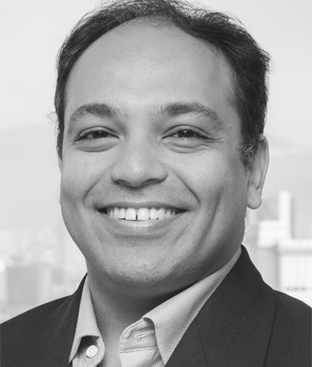 Kanags Surendran,
Kanags Surendran,
Managing Director and Head, Digital Banking, CIMB Bank Berhad -
 Bernard Leong,
Bernard Leong,
Head, Post Office Network and Digital Services, Singapore Post Pte Ltd -
 Ron Hose,
Ron Hose,
Co-Founder and CEO, Coins.ph -
 Olivier Berthier,
Olivier Berthier,
Co-Founder and CEO, Moneythor -
 Vidit Agrawal,
Vidit Agrawal,
Strategic Vehicle Partnerships Lead, APAC, Uber
-
 Stephanie Myers,
Stephanie Myers,
Vice President Customer Strategy, Experience and Loyalty, Prudential -
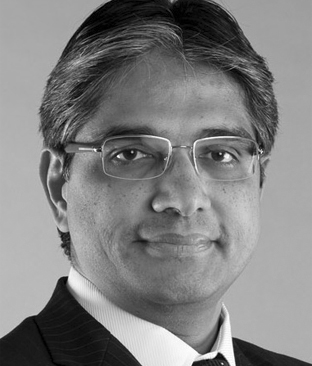 Sreeram Iyer,
Sreeram Iyer,
COO, Institutional Banking, ANZ -
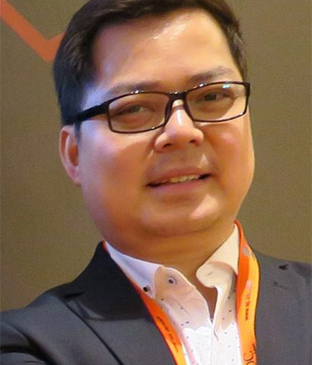 Lito Villanueva,
Lito Villanueva,
Managing Director, FINTQ by PLDT -
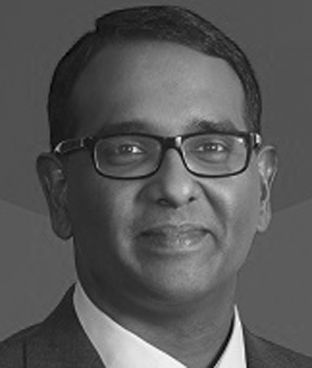 Raju Nair,
Raju Nair,
Managing Director- Regional Head Customer Journey Experience, DBS Bank -
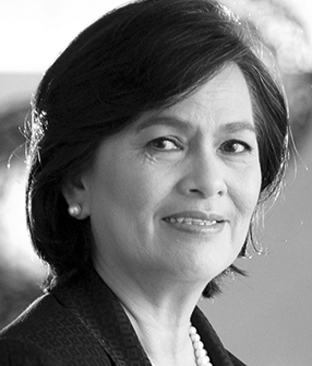 Natividad Alejo,
Natividad Alejo,
Executive Vice President, Consumer Banking Group Head, Bank of the Philippine Islands
Moderators
-
 Richard Hartung,
Richard Hartung,
International Resource Director, The Asian Banker -
 Matt Dooley,
Matt Dooley,
International Resource Director, The Asian Banker -
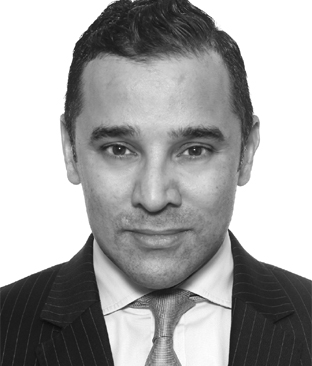 Sam Ahmed,
Sam Ahmed,
Managing Director, Deriv Asia -
Conor Cunningham,
CEO, ACUO -
 Thomas McMahon,
Thomas McMahon,
CEO, PACE -
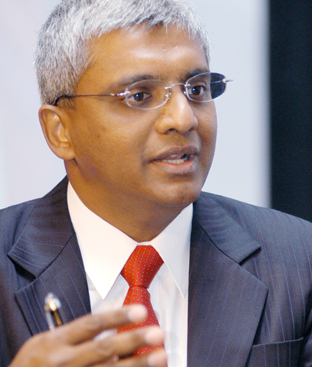 Emmanuel Daniel, Chairman, The Asian Banker
Emmanuel Daniel, Chairman, The Asian Banker -
 Gordian Gaeta, International Resource Director, The Asian Banker
Gordian Gaeta, International Resource Director, The Asian Banker
Who will attend?
The programme is designed for senior executives from:
- Risk management, Compliance, AML
- Technology, operations, data and analytics
- Cybersecurity, Digital banking and channels
- Providers of alternative financial services
For more details, please contact:
Essraa Mansi,Programme Manager
Please submit the required information in order to reserve your seat in The Future of Finance Summit.
We will contact you shortly with the registration confirmation and more exciting details!
 Ron Suber,
Ron Suber,  Soul Htite,
Soul Htite, 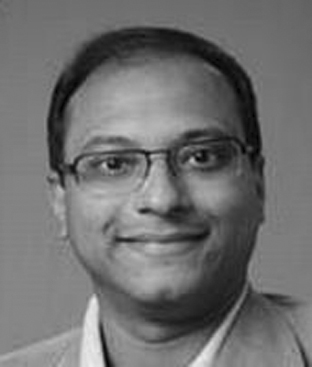 Sameer Gupta,
Sameer Gupta,  Mark Mackenzie,
Mark Mackenzie, 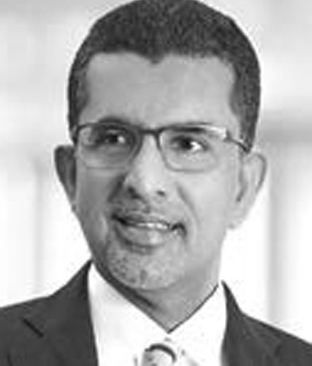 Suhail Amar Suresh,
Suhail Amar Suresh, 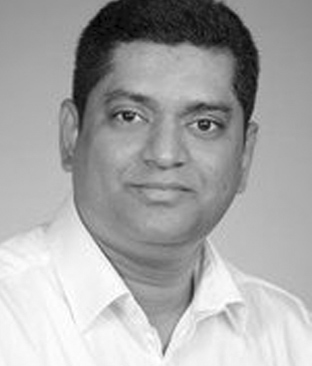 Gitesh Athavale,
Gitesh Athavale, 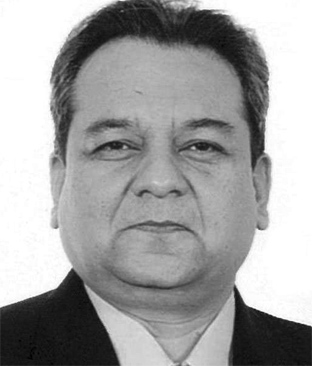 Neil Parekh,
Neil Parekh,  Ng Ling Soon,
Ng Ling Soon,  Val Jihsuan Yap,
Val Jihsuan Yap, 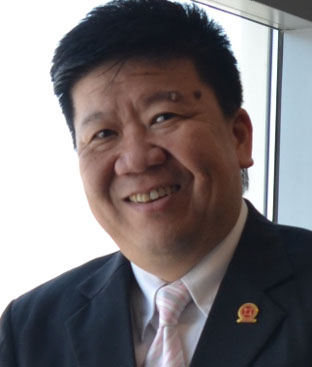 Michael Lor,
Michael Lor,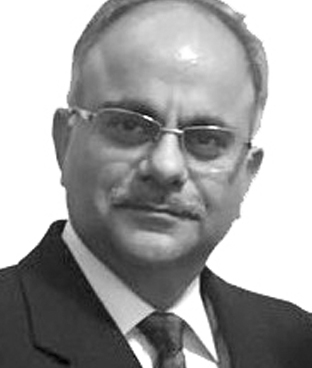 Hitesh Arora,
Hitesh Arora,  Alvin Wong,
Alvin Wong, 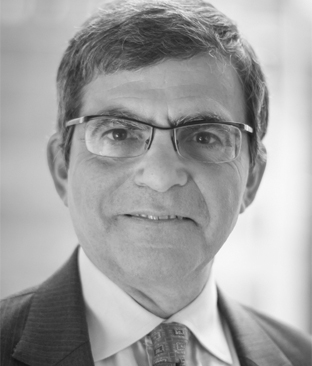 Ron Leven,
Ron Leven, 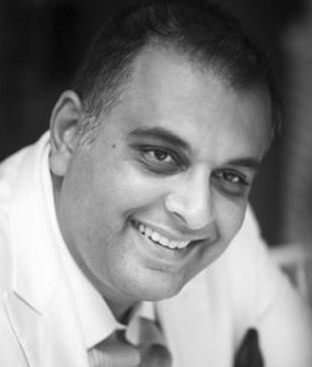 Jinesh Patel,
Jinesh Patel,  Jefferson Chen,
Jefferson Chen,  Nick Walton,
Nick Walton,  Mike Kayamori,
Mike Kayamori, Marcelo Casil,
Marcelo Casil, 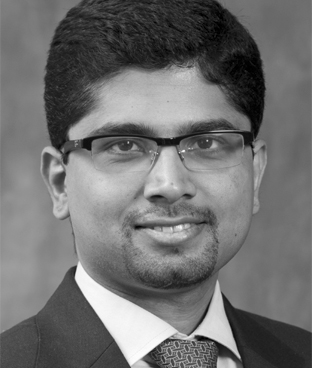 Ganesh Iyer,
Ganesh Iyer,  John Bailon,
John Bailon,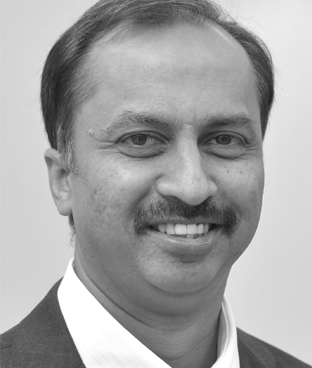 R Vivekanand,
R Vivekanand,  Andrew Tan,
Andrew Tan, 